Deputy Prime Minister Tran Hong Ha: Planning must demonstrate consistent thinking, properly implementing Vietnam's commitments on net zero, the Fair Energy Transition Agreement (JETP) or energy sub-sector plans, typically the approved Power Plan VIII - Photo: VGP/Minh Khoi
Give the full "energy picture"
Deputy Prime Minister Tran Hong Ha emphasized that energy is the "bloodline" of the economy . However, the Plan is 2 years behind schedule and there are some very new issues that need to be updated and supplemented such as: Commitment to reduce net greenhouse gas emissions to zero (net zero), converting fossil energy to renewable energy, imposing carbon tax on products produced with fossil energy...
"We need to have appropriate energy policies when traditional energy sources have begun to run out and many countries are actively converting from fossil energy to renewable energy," the Deputy Prime Minister said.
The Deputy Prime Minister requested the Council members, reviewers, and representatives of some localities to closely follow the reality and scientific basis to give professional opinions to integrate, connect, and cover the "pieces" of the energy sub-sector planning such as electricity, coal, oil, gas, etc. From there, provide a complete "energy picture" in a very close relationship with each other, helping the Government to effectively direct and operate in the energy sector.
"Planning should not only approach the present time but also be based on scientific foundations to respond to changes and fluctuations in the future, be "dynamic and open" to suit each time, and move with the energy trends in the world," said the Deputy Prime Minister.
Dr. Dang Duc Anh, Deputy Director of the Central Institute for Economic Management, said that it is necessary to add backup solutions in case input energy sources change or fluctuate abnormally - Photo: VGP/Minh Khoi
Comprehensive energy industry ecosystem
According to the consultant's report, the draft Plan aims to provide enough domestic energy demand, meeting the socio-economic development target with an average GDP growth rate of about 7%/year in the 2021-2030 period, about 6.5%-7.5% in the 2050 period.
The proportion of renewable energy in total primary energy accounts for 15% - 20% by 2030 and is oriented to be about 80% - 85% by 2050.
Vietnam will develop an independent and self-reliant energy industry; form a comprehensive energy industry ecosystem based on renewable energy and new energy; strive to form and develop a number of clean energy centers by 2030. The scale of green hydrogen production is about 100,000-200,000 tons/year, aiming for about 10 million - 20 million tons/year by 2050.
Experts say the draft Plan closely follows the growth targets and scenarios. The "dynamic and open" approach and planning can cope with unpredictable fluctuations in input energy sources as well as the rapid development of energy technology.
Vice Chairman of Quang Ngai Provincial People's Committee Tran Phuoc Hien speaks at the meeting - Photo: VGP/Minh Khoi
Deputy Minister of Science and Technology Nguyen Van Tung proposed that the Planning supplement the content of research, transfer of new energy technologies, environmental treatment when implementing renewable energy projects, building an energy database based on digital technology, digital transformation, forming a system of new standards and regulations in the energy sector...
Leaders of Quang Ngai, Thai Binh and Thanh Hoa provinces hope that the Plan will be implemented soon to quickly meet the increasing energy demand for economic and social activities in the area.
Some opinions also suggest that in the coming time, the authorities need to strengthen basic investigations to serve energy conversion such as renewable energy sources, carbon storage, etc.
Deputy Minister of Science and Technology Tran Van Tung proposed to strengthen research and transfer of new energy technologies - Photo: VGP/Minh Khoi
Smooth and synchronized operation between energy sub-sectors
Concluding the meeting, the Deputy Prime Minister assessed that the draft Planning closely followed the tasks, approached and updated the construction methodology, and energy sub-sector plans such as the Power Plan VIII. The consulting unit and the Ministry of Industry and Trade fully accepted the opinions of the reviewers and Council members, and further improved a number of issues and contents in the draft Planning.
The Deputy Prime Minister requested that the consulting unit and the Ministry of Industry and Trade closely and specifically evaluate the implementation of energy planning in the past 10 years, paying attention to ensuring energy security balance in the context of being affected by the COVID-19 pandemic, as well as fluctuations in energy supply due to the Russia-Ukraine conflict...
From there, find out objective and subjective causes, draw lessons and experiences; at the same time, update data and current situations such as net zero commitments and energy transition trends to forecast the future.
Deputy Prime Minister Tran Hong Ha said that it is necessary to have appropriate energy policies in the context of implementing the commitment to reduce greenhouse gas emissions to zero (net zero), convert fossil energy to renewable energy, and impose carbon taxes on products produced with fossil energy... - Photo: VGP/Minh Khoi
The Deputy Prime Minister said that the Planning needs to have some new perspectives and important tasks in determining the relationship and coordination mechanism between energy sub-sectors (coal, oil and gas, electricity, renewable energy, etc.); unifying with other planning such as land use planning, marine spatial planning, etc.
"The planning must demonstrate consistent thinking, properly implementing Vietnam's commitments to net zero, the Just Energy Transition Agreement (JETP) or energy sub-sector plans, typically the approved Power Plan VIII. At the same time, there must be solutions to utilize resources, fossil energy (coal, oil, gas) with the highest economic efficiency," the Deputy Prime Minister emphasized.
The potential is endless but the project must be specific
Agreeing with the "dynamic and open" approach of the Plan, the Deputy Prime Minister emphasized that this thinking is not only reflected in the transition of energy sources, but also in the way of ensuring energy security, based on the potential, feasibility of technology, and economic efficiency of each energy sub-sector.
The Deputy Prime Minister assigned the Ministry of Industry and Trade to preside over and coordinate the review and compilation of a list of key energy projects currently being implemented; a list of potential projects; and a set of criteria on technology and economic efficiency to select new or converted energy projects.
"The potential of energy sources is endless but projects must be specific," the Deputy Prime Minister noted.
The plan needs to add investment content for research on scientific and technological solutions to convert fossil primary energy forms (coal, oil, gas) into new primary energy forms (green hydrogen, green ammonia); develop new energy sources such as nuclear power, geothermal, wave-tidal energy, solar heat, etc. that can be exploited in the future./.
Source


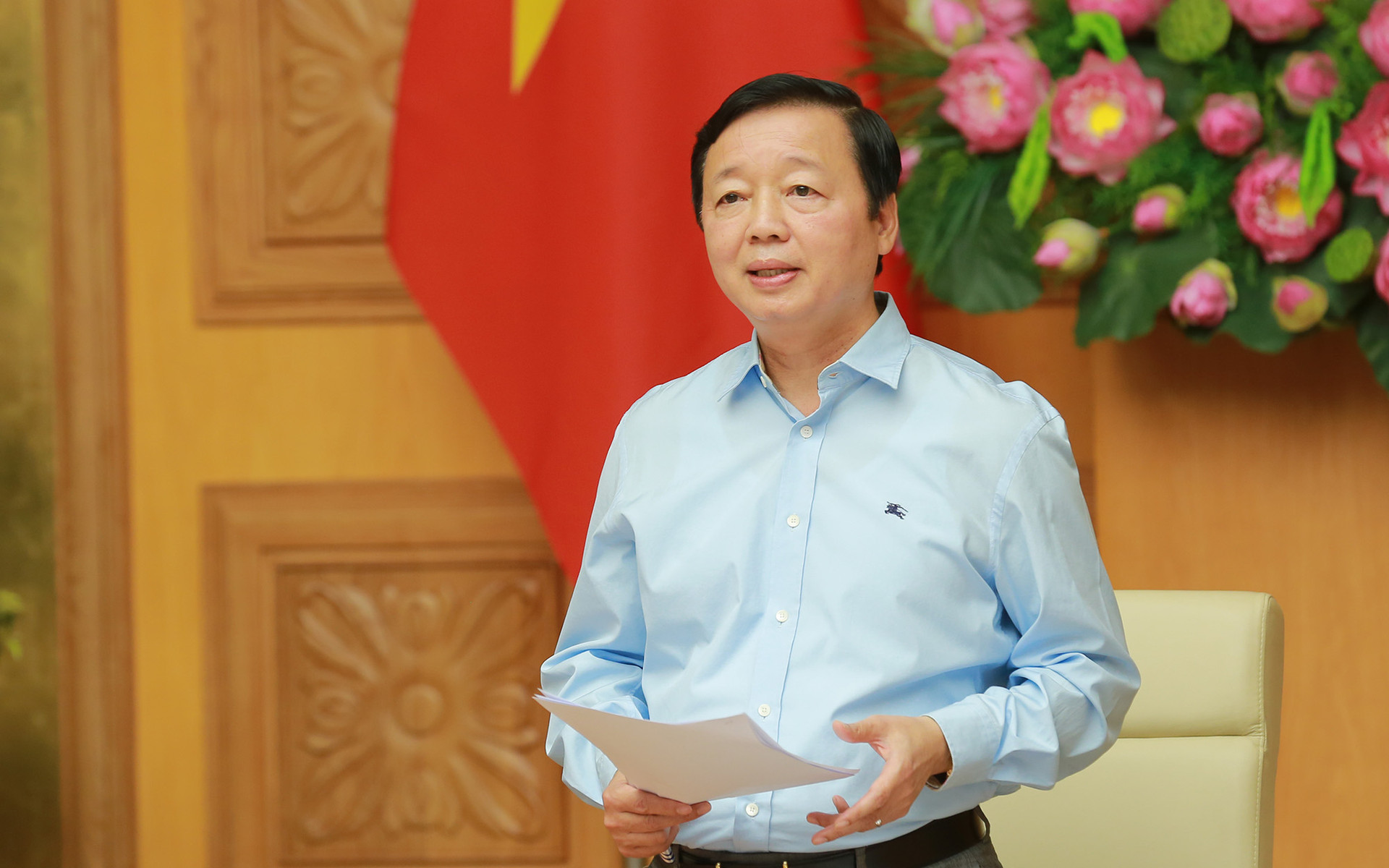
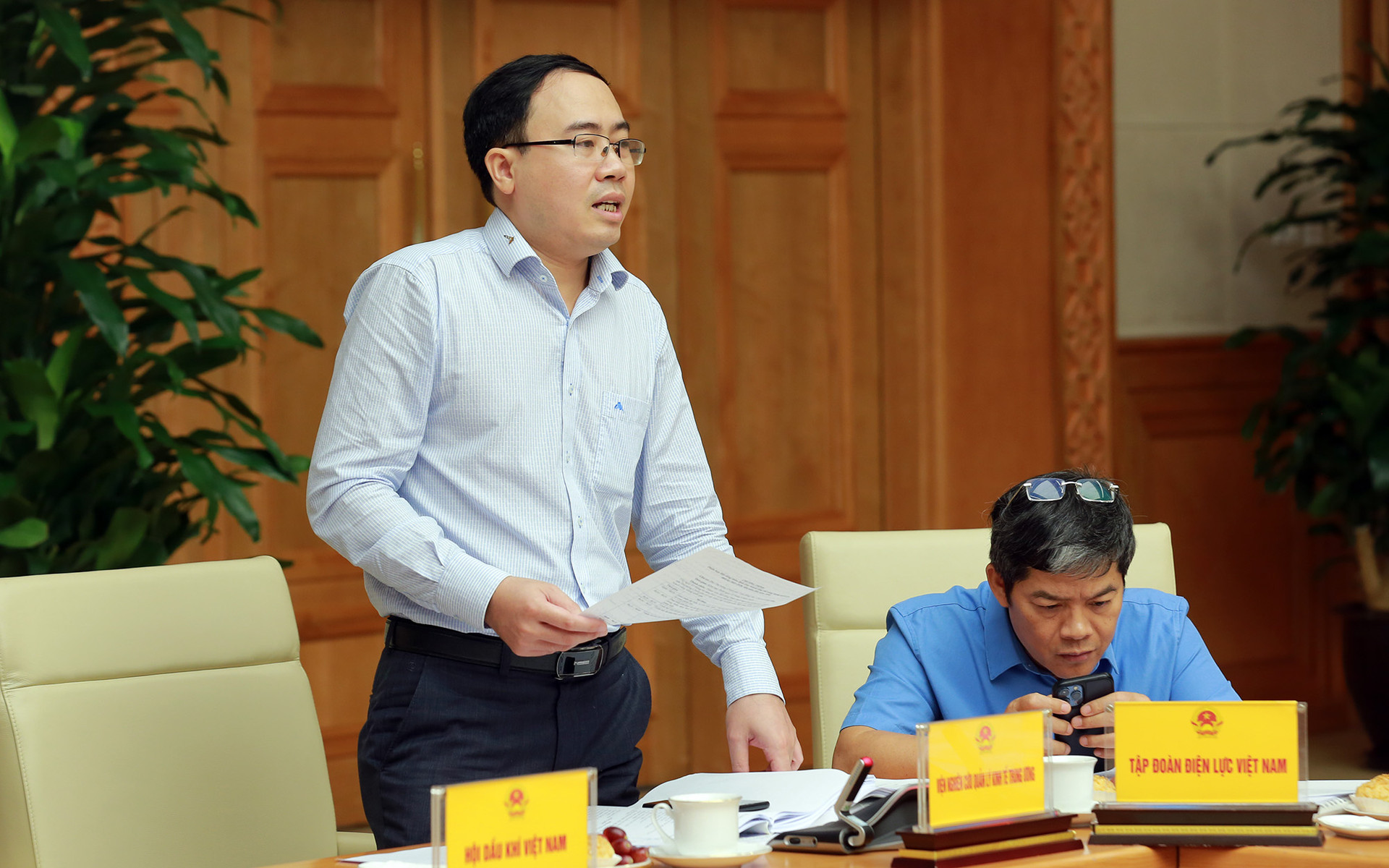
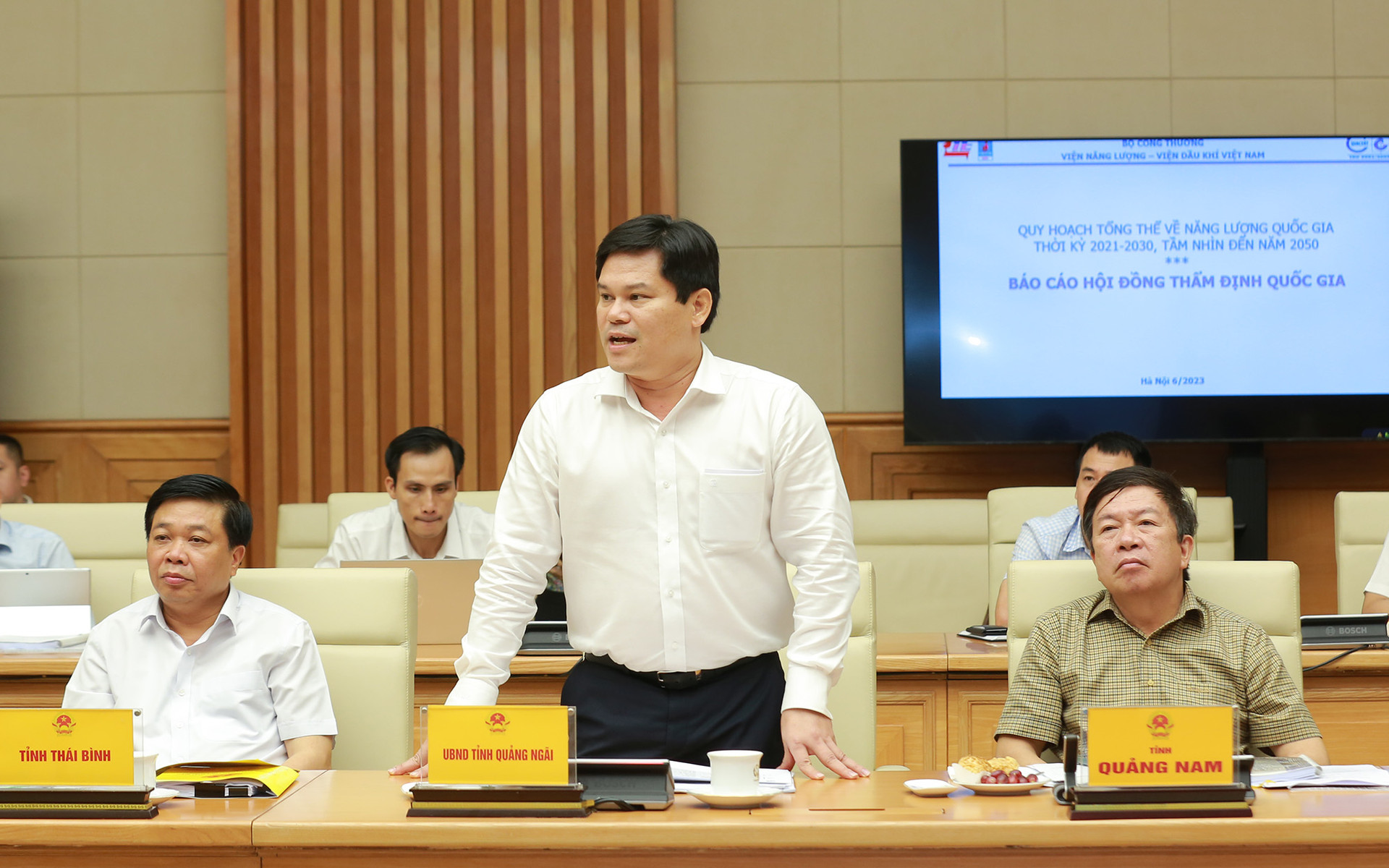
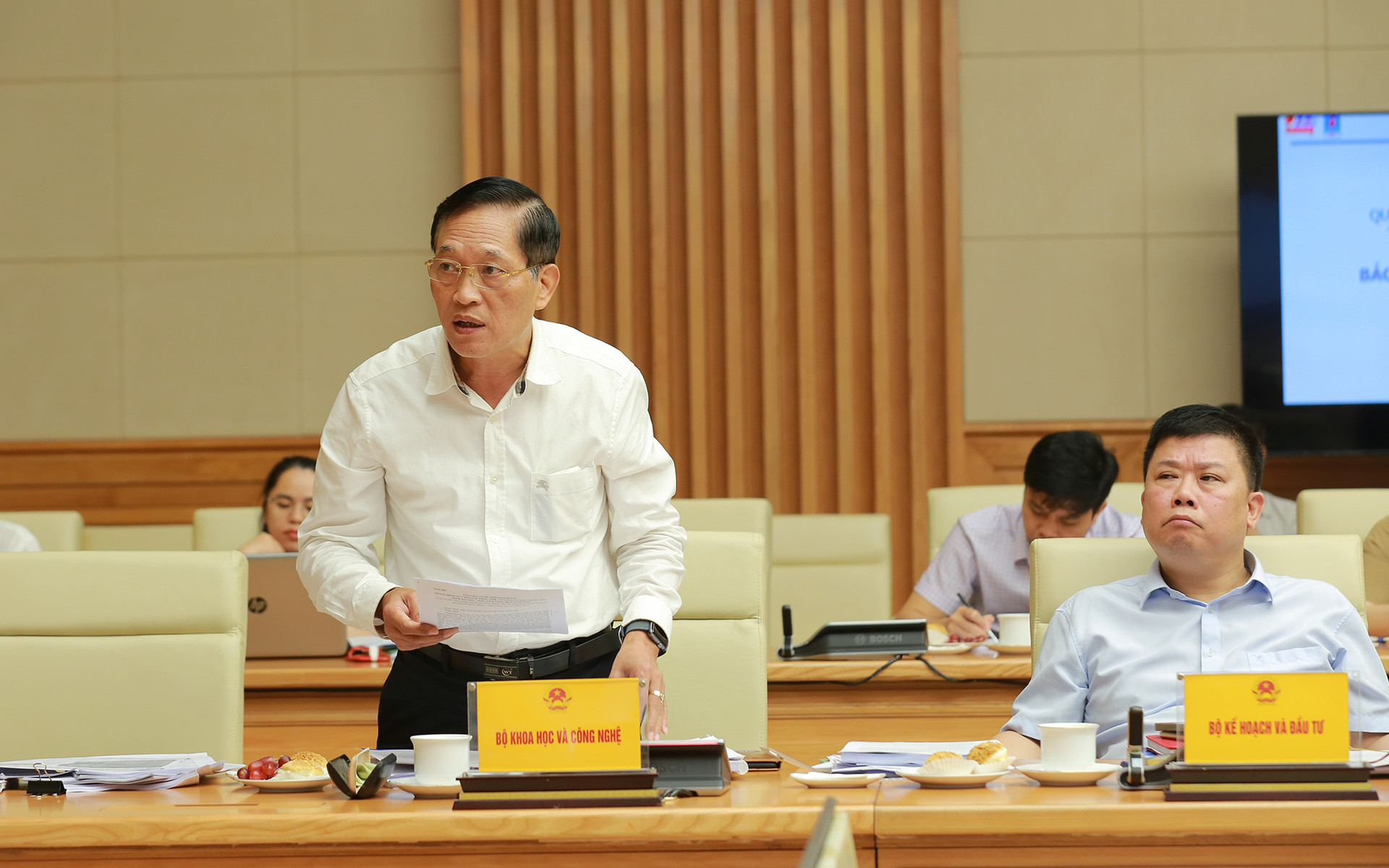
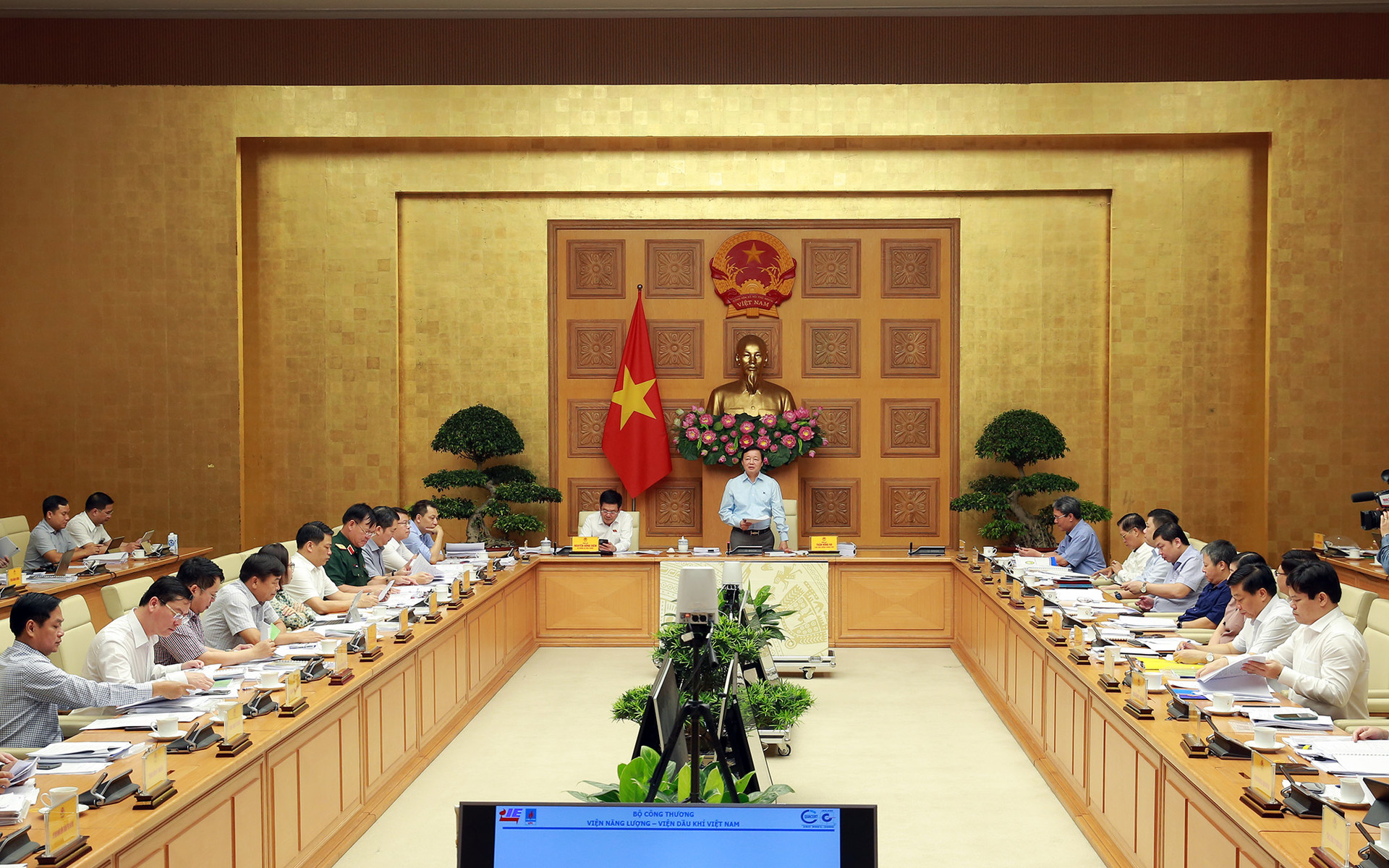








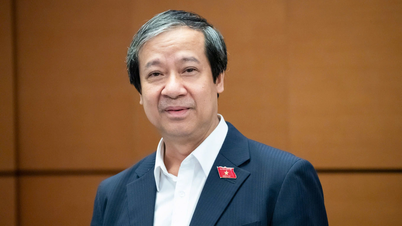
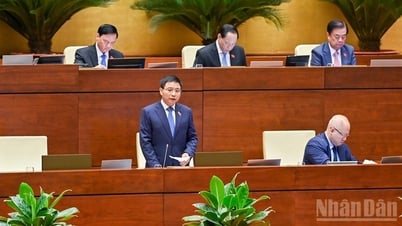

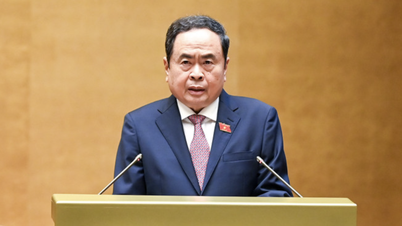
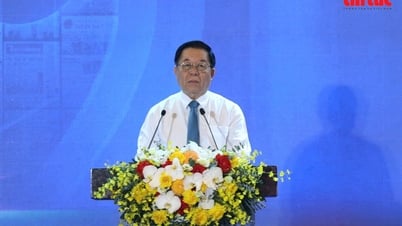

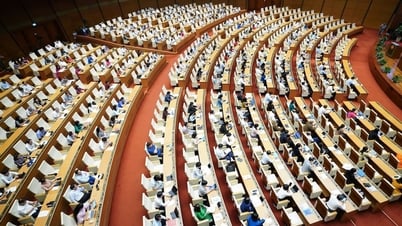


























































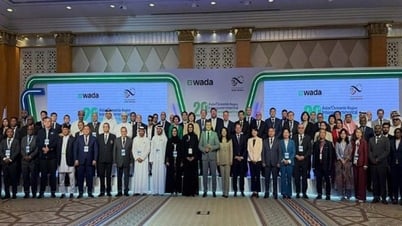


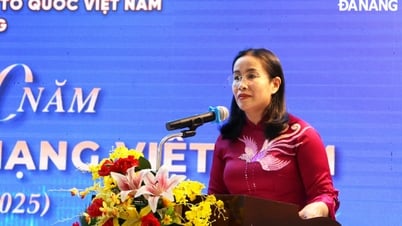
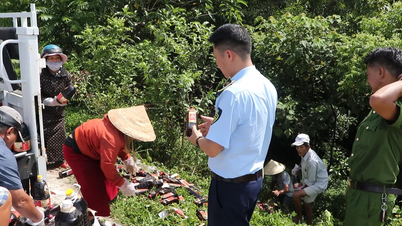

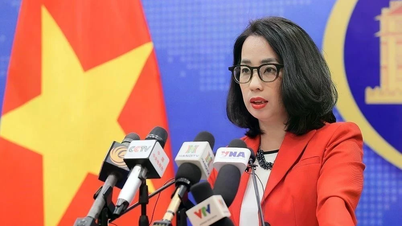

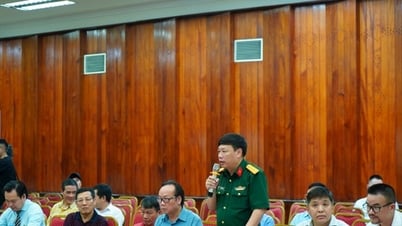

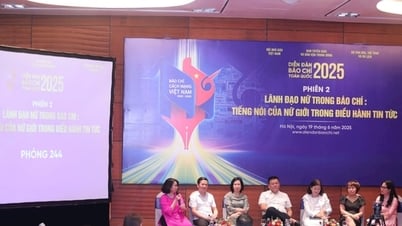













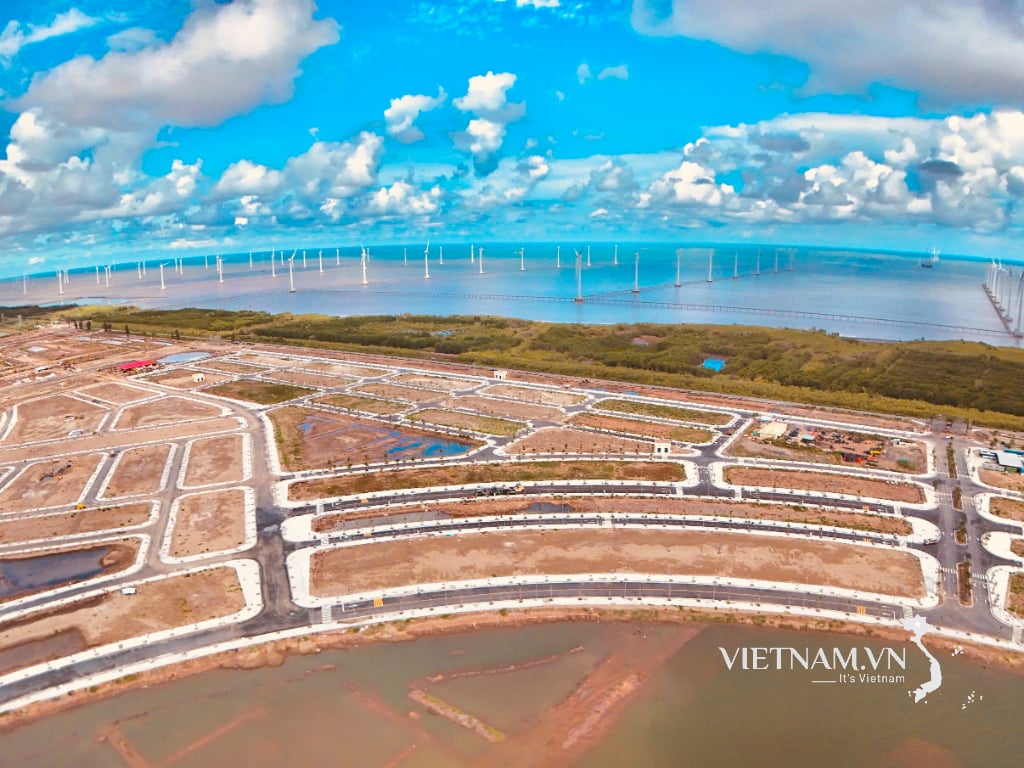
Comment (0)